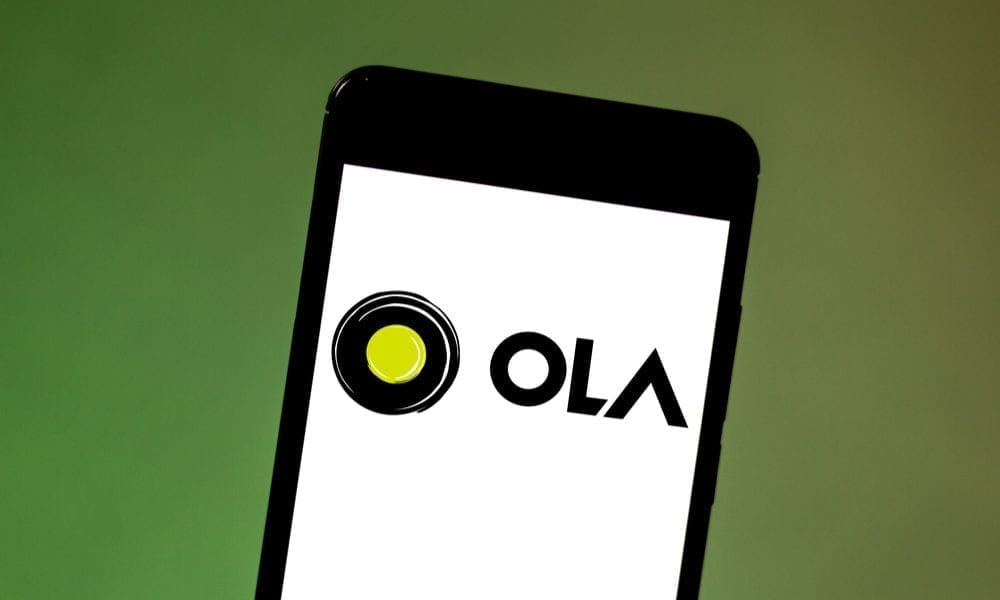Hello Guys, Welcome to Legends hub Blog. Top technology news for the week are as follows.
Cubans Develop Biomed High tech
As the world has been struck by the forsaken pandemic, Cuba has a well-organized and coherent plan which is being carried out by the patriotic support and determination of the people.Nor the availability of a Cuban created drug that has been effective in treating the disease; nor the presence of Cuban medical missions in eleven countries of the world to fight the pandemic.

The dignified Cuban response to the pandemic is not an accident. It is a response that emerges from the political-economic-cultural system that Cuba has been struggling to create for the last six decades, since the triumph of the Revolution on January 1, 1959. It is a system that above all is characterized by a political process that has cast aside the farce of the democratic façade of representative democracy; and has replaced it with structures of direct democracy and people’s democracy.
Dedicated to the social and economic development of the nation, the Cuban Revolution has sought to transform the economic role assigned to it. In the capitalist world-economy forged by the colonial powers, the peripheral role involves the exportation of raw materials (such as sugar) using a cheap, uneducated work force that lives in wretched conditions, while the core nations of the world-economy produce more technologically advanced products that require an educated work force that receives relatively good wages. A country that exports sugar is condemned to poverty; but a country that exports pharmaceutic and medical products and education is a country that has attained a certain level of economic development, which enables it to continue to develop further.
During the last six decades, Cuba has sought:
- to mechanize the production of sugar and produce a diversity in the residual products from sugar for commercialization;
- to develop diversity in agricultural production for national consumption and exportation;
- to develop the manufacturing of nickel for exportation;
- to develop tourism, including high-quality cultural, educational, ecology, and medical tourism;
- and to develop high-tech pharmaceutical and medical products, on the foundation of scientific research tied to the providing of medical services to the population.
The Cuban revolutionary project has been committed to the development of science from the beginning. In 1960 Fidel Castro declared that “The future of our country has to be necessarily a future of men and women of science; it has to be a future of men and women of thought.” He asserted because scientific development is the foundation to the economic and social development of the nation. So, the Cuban revolutionary government has given emphasis to the formation of scientists and other professionals through the expansion of primary, secondary, and university education.
From 1960 to 1962 a radical reform of the university was undertaken, with the intention of facilitating the sustained development of scientific investigation in the universities. But the three universities in the country did not have sufficient professors to prepare the necessary number of scientists and engineers, scholarships were granted for study in countries of the socialist camp, including the Soviet Union, Czechoslovakia, Hungary, and the German Democratic Republic, nations that had a considerable level of scientific development.
Further from 1962 to 1973 fifty-three “units of science and technology” were created, including research institutions in the natural sciences, medicine, technology, agricultural sciences, and social sciences and the National Commission of the Academy of Sciences of Cuba was created on February 20, 1962, which included prominent scientists and intellectuals of the time.
In 1965 the National Center for Scientific Research, which became known for its initials as CNIC, was created by presidential degree which was located near the “Victoria de Girón” Institute.The principal purpose of CNIC in its first years was to elevate preparation in the basic sciences (Mathematics, Physics, Chemistry, and Biology) of young graduates of medicine, and to initiate them into research tasks and it became the national “center of excellence” for chemical and biological research and experiments.
Laboratories of the genetics of microorganisms acquired special importance, where important research collectives emerged in the year 1980s & in that early year, the “biological front” was considered the field with the greatest possibilities for the introduction of high-technology in Cuba.
But today, the Center for Biopreparation presently has the capacity to produce the Interferon Alfa-2B Compound that is required to combat COVID-19. It can produce 50,000 vials daily in a liquid form and 40,000 weeklies in a freeze-dried form. In April, a new line will be authorized that will make possible the production of 100,000 vials daily of the liquid form of the drug. The Cuban capacity to commercialize internationally its pharmaceutical products constitutes an emancipation of the nation from the peripheral role assigned to it by colonial Spain and neocolonial USA. Also, its capacity to supply a needed medicine in the context of a pandemic is a result of this persistence, and it could have significant implications for its future development.
Indian Tech Ola Helps Fight COVID
Local ride-hailing giant Ola has stepped up to help Indian citizens from the coronavirus.
- The firm has made its technology platform which is capable of, conducting real-time tracking and navigation and managing crowds and it is available to the federal and state governments at no cost.
- They also offer the ability to track millions of vehicles and people, and it also comes with a feature that can verify via a selfie picture whether people are wearing masks.
- Ola uses the latter to authenticate whether the person in the driving seat is the registered driver partner. The company emphasized that it is “ensuring highest level of data, privacy and security.”
- The farmers’ produce and their vehicle movement in vegetable markets to ensure they followed the social distance protocol because large crowds’ formation in vegetable markets and outside the grocery stores in many parts of the country have emerged in recent weeks, according to local media reports.

“Ola CONNECTS is a powerful platform that stakeholders across the government can quickly deploy to benefit citizens at large amidst the ongoing crisis,” said Ravi Bhagat, Secretary to Punjab Mandi Board and Special Secretary for Governance Reforms.
In recent weeks, Ola has waived off lease rental for its driver partners, and committed to offer a few hundred dollars to driver partners and their families who test positive with Covid-19. “We are committed to serving the nation in every way possible and are offering this platform free of cost, dedicated to the hundreds of thousands of doctors, healthcare professionals and frontline staff who are leading our fight against COVID-19,” said Pranay Jivrajka, co-founder of Ola, in a statement.
Poland Banks Launch Blockchain-Based Data Tool
Polish Credit Bureau has launched commercial use of its blockchain-based customer data platform for retail banks also known as Biuro Informacji Kredytowej or BIK.
It is the biggest credit bureau in Central and Eastern Europe which has enabled banks in Poland to send notifications of commissions and fees changes on blockchain via its new document management product.

Polish Credit Bureau and Polish-British fintech firm, Billon, the BIK Blockchain Platform has been developing the platform since 2018 and they revealed the news of the platform’s launch in a separate announcement on April 16. According to Billon, the main purpose of the BIK Blockchain Platform project is to eliminate paper-based client notifications by digitizing the data and recording it on blockchain to enhance security.
By launching this platform, the Polish Credit Bureau and Billon intend to provide a more secure alternative to traditional documentation management tools like e-mail and internal banking communications, as well as paper delivery and it has ensured an increase in level of security. Documents are distributed across a number of network nodes, with each document having its own unique address. “These features guarantee high resistance to potential failures, as well as reduced chances of undesirable interference of stored documents,” the BIK elaborated.
BIK CEO, Mariusz Cholewa said, “This version eliminates the need for paper notifications. Further versions will focus on streamlining complex multi-party processes and expand to other market sectors in Poland.” A number of Polish banks have started experimenting with blockchain technology for enhancing documentation. In mid-2019, Warsaw-based Alior Bank began utilizing the public Ethereum (ETH) blockchain to authenticate its client documents. Previously, another major Polish bank PKO Bank Polski, partnered with blockchain company Coinfirm, to launch a blockchain-based verification system for bank documents.

2 comments for “Technology News for the week (4/22/2020) – Legendshub Blog”